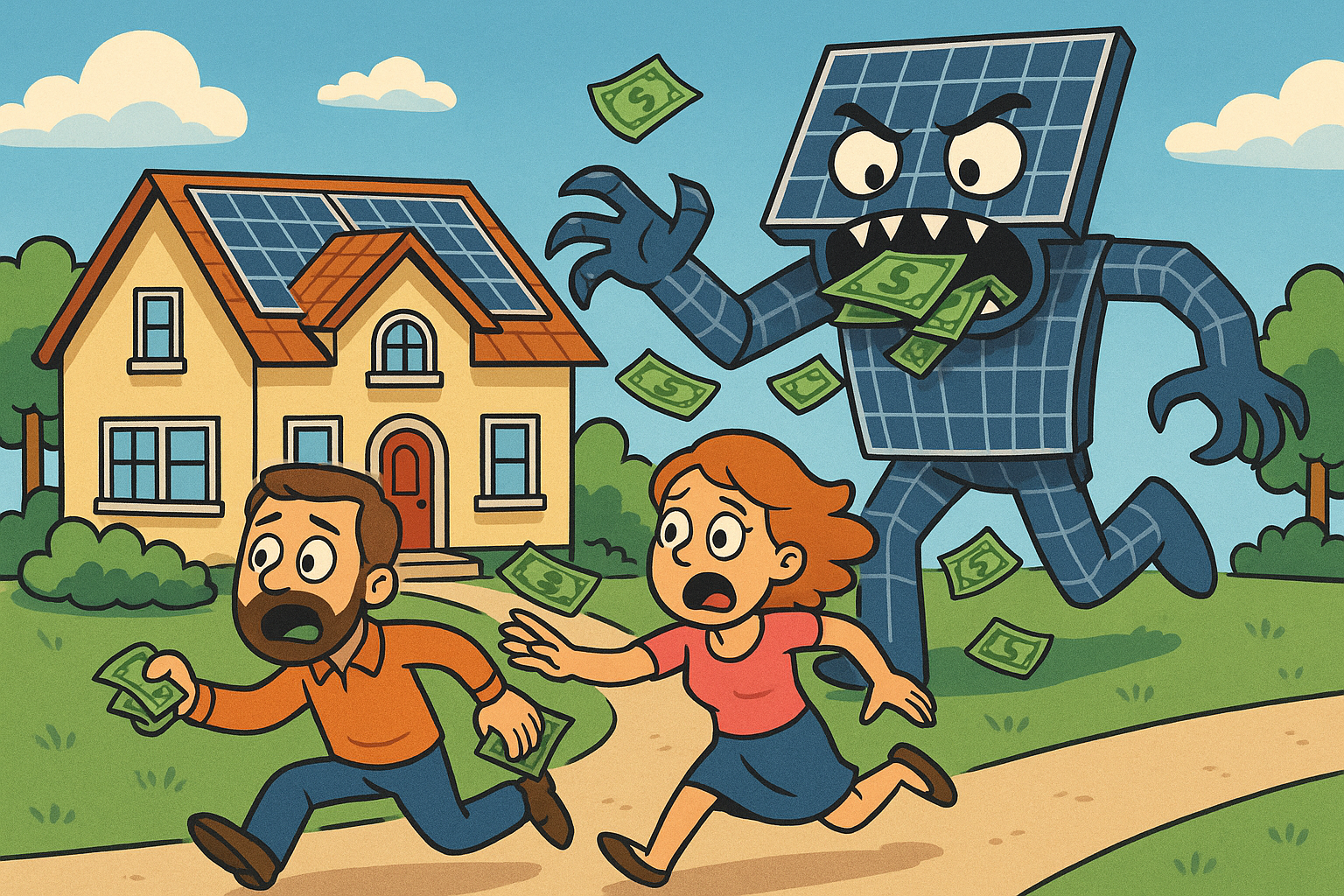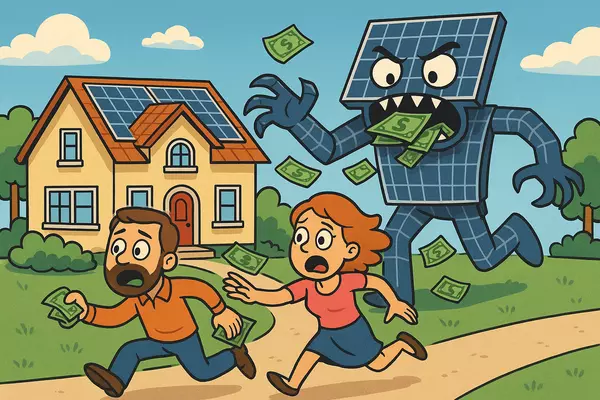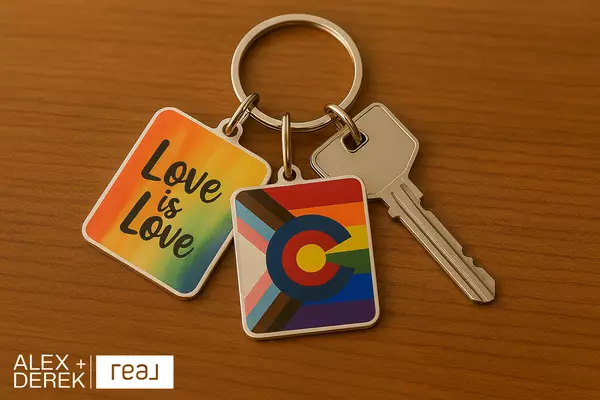Should You Install Solar Panels on Your House in Colorado? Pros and Cons Explained!


If you've ever asked yourself, "Is it worth installing solar panels on my house?" you're not alone. With rising energy costs and ads promising "free solar" it's one of the top questions I hear from homeowners in Colorado. Like most big decisions, there are both benefits and drawbacks — and here's what you need to know.
Pros of Installing Solar Panels on Your Home
Lower Energy Bills
Solar panels can cut down on your monthly utility costs, especially as electric rates keep climbing in Colorado.
Energy Independence
Producing your own power means you're less dependent on the grid. Pair panels with battery storage, and you can ride out outages with peace of mind.
Environmental Benefits
For homeowners who care about sustainability, solar is a visible way to lower your carbon footprint and support clean energy.
Federal Tax Credit (Through 2025)
The 30% federal solar tax credit is still available until December 31, 2025. Install before then, and you can deduct nearly a third of the system's cost from your federal taxes.
Marketability if Paid Off
If you own the system outright by the time you sell, some buyers will see it as an added perk — though it rarely adds dollar-for-dollar value.
Cons of Installing Solar Panels
Solar Contracts Stay with the Home
Loans and leases are tied to the property. When you sell, the buyer has to assume that contract, which many won't want. Sellers often end up paying off the system at closing.
Fewer Interested Buyers
Homes with leased or financed solar tend to have a smaller buyer pool. In a buyer's market, that can mean more days on the market and lower offers.
Warranty and Repair Issues
Many solar companies go out of business, leaving homeowners without the promised warranty coverage. Manufacturer warranties may still apply, but labor often isn't covered.
Hail and Roof Replacement Concerns
Colorado hailstorms are tough on roofs. If your roof is damaged, panels must be removed and reinstalled — usually at your expense unless you've added special insurance coverage. That process often costs $2,000-$5,000 or more.
Limited Appraisal Value
Even if you paid $30,000 for a system, appraisers typically assign little additional value unless the system is owned outright. And even then, it's a fraction of the cost.
Do Solar Panels Add Value to a Home?
In most cases, no. Buyers are reluctant to take on someone else's solar contract, and appraisers don't count panels as a major upgrade. Fully owned systems may help with marketing, but they don't usually increase the appraised value significantly.
So, Is Solar Worth It in Colorado?
If you plan to live in your home long term, solar can make sense — lower utility bills, greener living, and a federal tax credit if installed before the end of 2025.
If you plan to sell in the next few years, solar is often more of a liability than an asset. Buyers typically don't want to take on the payments, and sellers often end up covering the balance themselves.
Solar isn't one-size-fits-all. For some Colorado homeowners, it's a smart investment in energy savings. For others, especially those planning to sell soon, it can create more headaches than benefits.
If you're on the fence, talk with both your Realtor and your insurance agent before signing a solar contract. Understanding how panels affect resale, insurance coverage, and long-term costs will help you make the best decision for your situation.
Categories
Recent Posts











